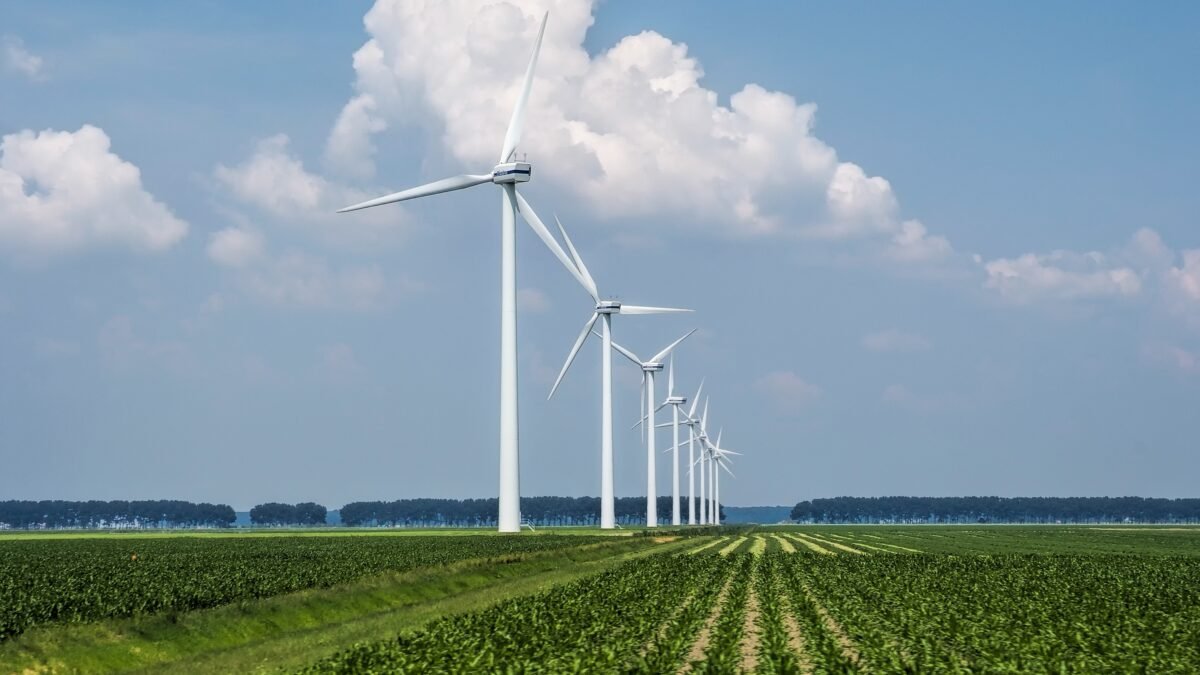Introduction
As the world grapples with climate change and the depletion of natural resources, the energy sector finds itself at a crossroads. One of the most urgent debates today revolves around renewable fuels vs fossil fuels. Both fuel types power our homes, industries, and transportation, but their impacts on the environment, economy, and future sustainability are vastly different. In this blog, we will explore everything you need to know about renewable fuels, how they compare with fossil fuels, and why the shift toward cleaner energy is more important than ever.
What Are Renewable Fuels?
Renewable fuels are energy sources derived from natural processes that are replenished constantly. These include:
- Biofuels: Such as ethanol and biodiesel, produced from organic materials like crops or algae.
- Hydrogen Fuel: Often generated from water using electrolysis powered by renewable electricity.
- Biogas: Created by the decomposition of organic matter in anaerobic conditions.
Unlike fossil fuels, renewable fuels do not take millions of years to form and can be produced sustainably. They are seen as a bridge to a low-carbon future and are integral to reducing greenhouse gas emissions.
What Are Fossil Fuels?
Fossil fuels — including coal, oil, and natural gas — are formed from the remains of ancient plants and animals buried under layers of earth for millions of years. These fuels are:
- Energy-dense
- Widely available
- Reliable for industrial-scale energy production
However, they are also non-renewable, meaning once they’re depleted, they’re gone forever. Their extraction and use are major contributors to environmental degradation, air pollution, and climate change.
Key Differences Between Renewable Fuels and Fossil Fuels
| Feature | Renewable Fuels | Fossil Fuels |
|---|---|---|
| Source | Biomass, water, sunlight | Ancient organic matter |
| Carbon Emissions | Low to net-zero | High |
| Availability | Replenishable | Finite |
| Environmental Impact | Minimal | Significant |
| Cost Trend | Decreasing with innovation | Increasing as resources deplete |
The main distinction lies in their environmental footprint. Renewable fuels produce significantly fewer greenhouse gases, making them a better choice for long-term sustainability.
Environmental Impact
One of the strongest arguments in favor of renewable fuels is their potential to reduce carbon emissions and combat global warming. For example:
- Ethanol made from corn can reduce lifecycle greenhouse gas emissions by up to 40–60% compared to gasoline.
- Biodiesel emits 75% less carbon dioxide than petroleum diesel.
On the other hand, burning fossil fuels releases carbon that has been locked away for millions of years, significantly contributing to the accumulation of greenhouse gases in the atmosphere. This is a primary driver of climate change, rising sea levels, and extreme weather conditions.
Economic and Political Implications
Dependence on fossil fuels has long been tied to geopolitical tensions, particularly in regions rich in oil and gas. Renewable fuels, by contrast, can be produced locally, boosting energy independence and creating new jobs in the clean energy sector.
The global renewable fuel industry is expanding rapidly, supported by governments through subsidies, tax incentives, and regulatory policies. This growth not only diversifies the energy market but also stimulates rural economies and technological innovation.
Technological Advancements
Recent breakthroughs are making renewable fuels more efficient and cost-effective:
- Second-generation biofuels use waste biomass, reducing competition with food crops.
- Green hydrogen produced with renewable energy is gaining traction in heavy industries and transport.
- Algae-based fuels offer higher yields with less land and water use.
These innovations are making it increasingly feasible to replace fossil fuels in areas like aviation, shipping, and freight transport — traditionally hard-to-decarbonize sectors.
Challenges Facing Renewable Fuels
Despite their many advantages, renewable fuels face certain challenges:
- Infrastructure: Current fuel supply chains are optimized for fossil fuels. Retrofitting systems to handle renewable alternatives can be costly.
- Production Limits: Biofuels can be limited by land and water availability, especially if not managed sustainably.
- Public Awareness: Consumers may lack knowledge about the benefits and availability of renewable fuel options.
Nonetheless, with continued investment and policy support, these challenges are being addressed progressively.
The Future of Energy
The transition from fossil fuels to renewable fuels is not just desirable—it is essential. Global agreements like the Paris Accord are pushing countries to lower their carbon footprints, and renewable fuels will play a critical role in achieving these targets.
- Countries like Brazil and Sweden already use biofuels extensively in transportation.
- Major corporations are investing in green hydrogen and biogas to meet sustainability goals.
- Airlines are exploring sustainable aviation fuels (SAFs) to cut emissions without overhauling existing fleets.
The shift is happening, but accelerating the transition requires collective action from governments, industries, and individuals.
Conclusion
Understanding the differences between renewable fuels and fossil fuels is vital for making informed decisions about our energy future. While fossil fuels have powered human progress for over a century, their environmental and geopolitical costs are no longer sustainable.
Renewable fuels, on the other hand, offer a cleaner, safer, and more resilient path forward. They reduce our reliance on finite resources, lower emissions, and open doors to economic innovation. The challenge lies in scaling them up quickly and equitably, but the benefits are well worth the effort.
By choosing renewable fuels, we are investing not only in the health of our planet but also in a more secure and prosperous future.
Final Thoughts
As a consumer, business owner, or policymaker, supporting renewable fuels can be as simple as opting for biodiesel at the pump, advocating for clean energy policies, or investing in companies prioritizing sustainability. The energy choices we make today will shape the world for generations to come.



